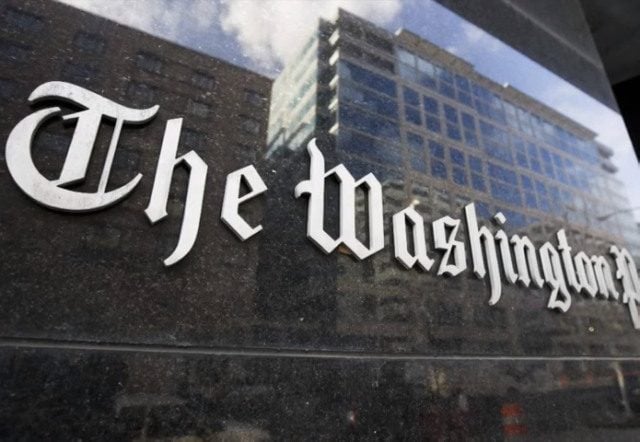‘Big Meat’ fights back after Biden admin attacks
President Biden’s got some new critics from… “big meat.”
After Biden attacked the meat industry for alleged “pandemic profiteering,” the meat processors of the nation took to their trade group to bite back on Tuesday. In a letter to US Department of Agriculture Secretary Thomas Vilsack, the North American Meat Institute (NAMI) asserted that rising prices have more to do with the labor shortages plaguing the nation, saying that the administration “refuses to acknowledge” the issue.
“The administration cannot ignore the fundamental principles of supply and demand. Americans are experiencing firsthand what the Secretary refuses to acknowledge, the effects of COVID and lack of labor are hurting consumers, and nothing proposed by the Secretary of Agriculture on the structure of the meat and poultry industry will help families struggling to pay for groceries,” said Anna Potts of NAMI.
Potts went on to state that NAMI had been meeting with the White House Supply Chain Task Force and the USDA, and that the sudden public attack had blindsided them like a bolt out of the blue:
“… not once in any meeting did White House or USDA staff suggest consumer prices were rising because of industry structure. Similarly, prior to the press briefing, no White House or USDA staff contacted the regulated industry to raise concerns or discuss the issue.”
The beef started when Vilsack and White House National Economic Council Director Brian Deese attacked the four largest meatpacking companies in a press conference last week, trying to depict them as greedy, profiteering “middlemen.”
“Farmers are losing money on cattle, hogs and poultry that they’re selling at a time when consumers are seeing higher prices at the grocery store, and there are now record profits or near-record profits for those in the middle,” said Vilsack during the press conference.
The four companies singled out by Vilsack were Cargill, based out of Minnesota, Tyson foods, based out of Arkansas, National Beef Packing Co. out of Missouri, and JBS, which is based in Brazil. They collectively represent about 85 percent of grain-fattened cattle slaughtered in the US, according to the most recent (2018) data provided by the US Department of Agriculture.
The entire country appears to be gripped by a labor shortage, which Potts claimed were totally disregarded by the Biden administration. Potts effectively stated that the companies NAMI represents are being used as a scapegoat without regard to the reality of the economy:
“Unfortunately, at the press conference, the challenge of labor shortages was never acknowledged. The pandemic seems to be the vehicle spawning new bad ideas, and resurrecting other bad ideas, seemingly without recognizing economic realities and unintended consequences. Indeed, none of the proposals advanced at the press briefing will alleviate the consumer price increases the administration seeks to address.”

No comments